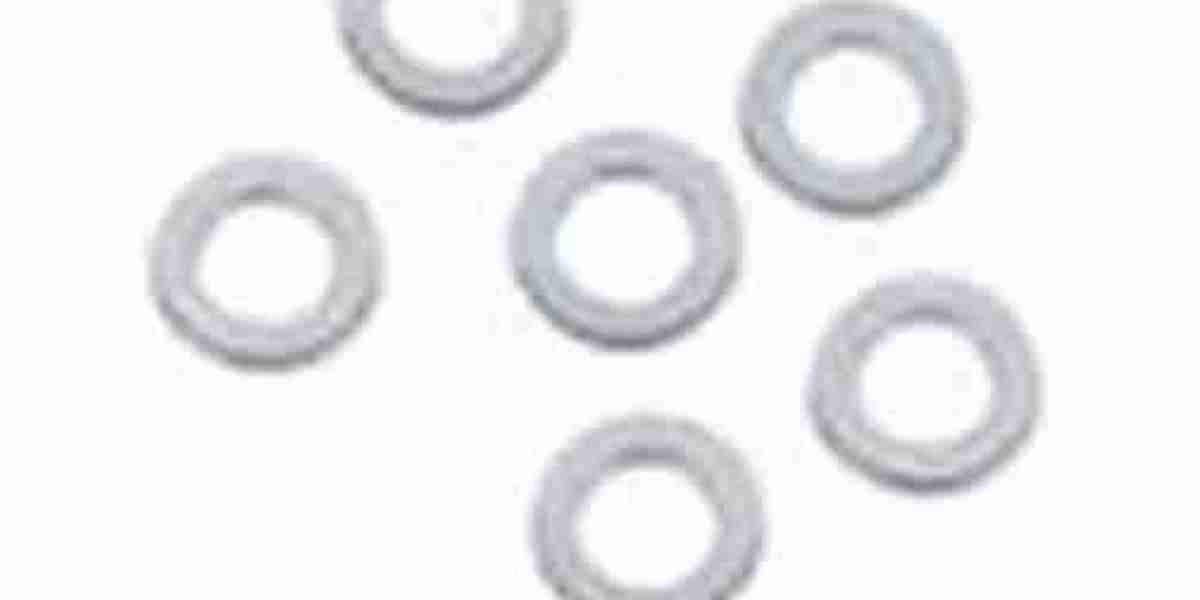In contrast to axially magnetized magnets, diametrically magnetized NdFeB ring magnets have their magnetic poles aligned around the circumference of the ring. This unique configuration allows for magnetic attraction in a radial direction, making them ideal for applications requiring magnetic force from the sides rather than the flat surfaces. Diametrically magnetized rings are often used in specialized applications like magnetic bearings, where non-contact support is needed.
Radially magnetized NdFeB ring magnets are designed with magnetic poles on the inner and outer surfaces of the ring. This configuration creates a strong magnetic field that extends outward from the inner surface to the outer surface. These magnets are particularly useful in applications requiring a powerful magnetic field around the circumference, such as in generators, motors, and some types of sensors.
Segmented NdFeB ring magnets are composed of multiple smaller magnets arranged in a circular pattern. This design allows for greater flexibility in applications requiring different magnetic strengths or configurations. Segmented rings can be tailored to specific needs, making them suitable for applications in wind turbines, automotive sensors, and industrial machinery, where customized magnetic performance is essential.
To enhance their durability and resistance to corrosion, NdFeB ring magnets are often coated with various materials. Common coatings include nickel, epoxy, and zinc, which help protect the magnets from environmental factors. Coated NdFeB ring magnets are widely used in outdoor applications, electronic devices, and situations where exposure to moisture or chemicals is a concern. The coating not only increases longevity but also improves aesthetic appeal.
High-temperature NdFeB ring magnets are specially designed to withstand elevated temperatures without losing their magnetic properties. These magnets are often produced using advanced materials that enable them to function effectively in environments exceeding standard temperature limits. High-temperature magnets are crucial in applications such as automotive engines, aerospace components, and industrial machinery, where extreme conditions are common.



